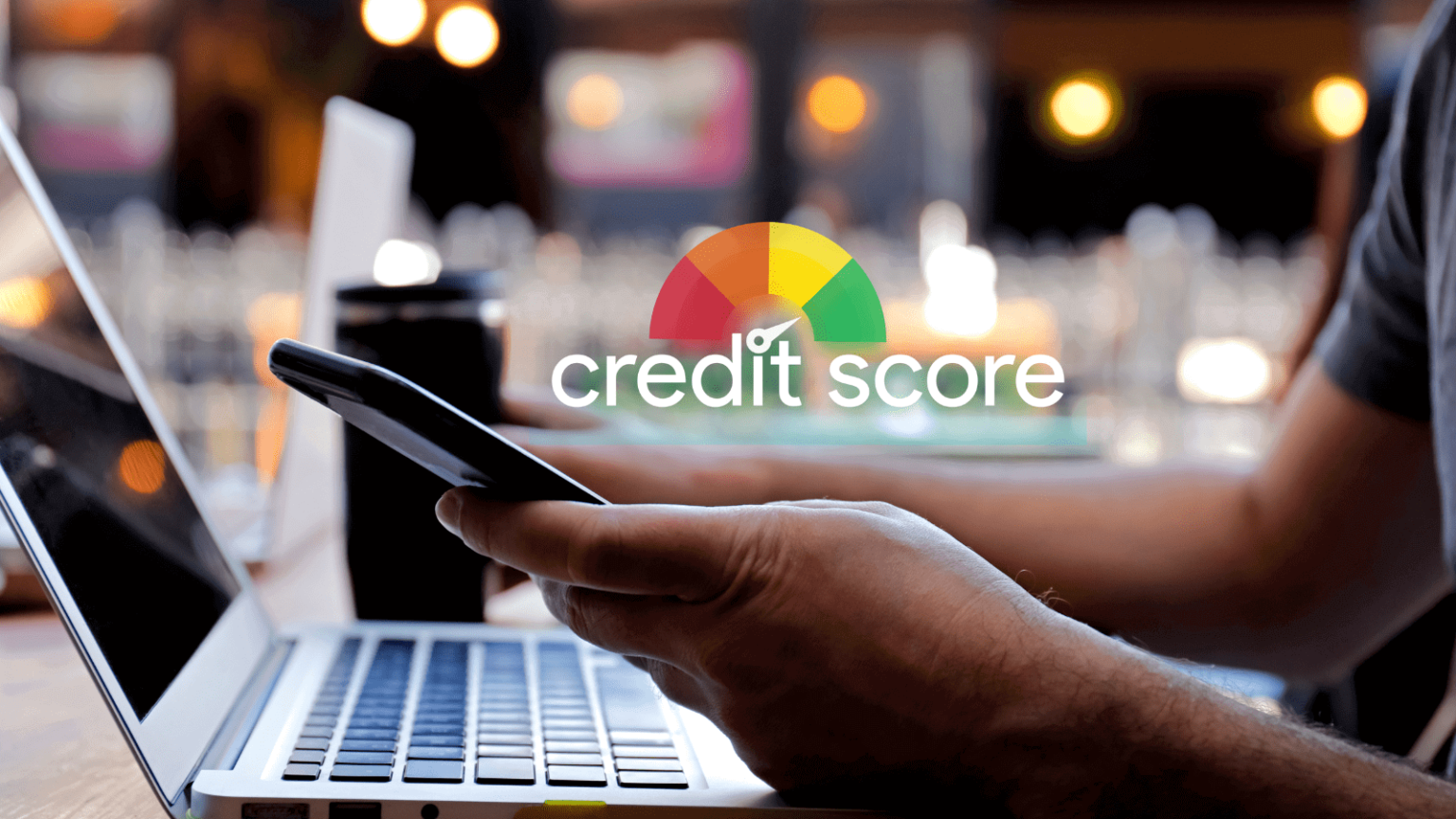
How to Survive Construction Business Seasonality
One of the most difficult aspects of owning your own company is having to adapt to fluctuating business challenges.

The best way for your business to survive a disaster is to be prepared. Just like the expression says, you should always “expect the unexpected” (hello COVID-19 pandemic and soaring gas prices!). While your company might not be able to imagine every possible scenario that could adversely affect your operations, creating a roadmap for how your business could respond to an unforeseen event will greatly help you mitigate risk.
While there are other types of credit scores, FICO Scores have become the industry standard and are used by over 90% of lenders. You may be surprised to learn that you can actually have several different FICO Scores. Even though each of the 3 major credit reporting bureaus (Equifax, Experian, and TransUnion) use the FICO Score algorithm, the information they collect can vary slightly resulting in some small differences. Additionally, because some industries look at different criteria to determine creditworthiness, there are some industry-specific FICO Scores that are used by auto lenders and credit card issuers.
FICO uses 5 factors when calculating a score. The percentages listed below reflect how important each of the factors are in determining how your FICO Score is calculated. Payment history, for example, weighs more heavily than new credit.
The 5 factors are:
The 3 major credit reporting companies (Equifax, Experian, and TransUnion) are required by federal law to provide you with a free personal credit report every 12 months. You can request yours from annualcreditreport.com. Depending on your preference, you can either choose to request reports from all 3 agencies at once, or you can decide to order one at a time.
Improve your score by:
Check out our recent blog post, for step-by-step instructions on how to repair bad credit.
We understand that there’s so much more to you and your company than your FICO score. At SBG, we look at many different factors such as time in business, cash flow, age of a company, and annual revenue. Your credit only plays a role in determining which products you are approved for and what the terms of the loan will be. A typical bank only approves 15-20% of business loans, while SBG Funding has an 85% approval rate!
Ready to get started? Contact us today to learn more.

One of the most difficult aspects of owning your own company is having to adapt to fluctuating business challenges.

What is a FICO Score? A FICO Score is a type of credit score that was developed by the

The best way for your business to survive a disaster is to be prepared. Just like the expression says,